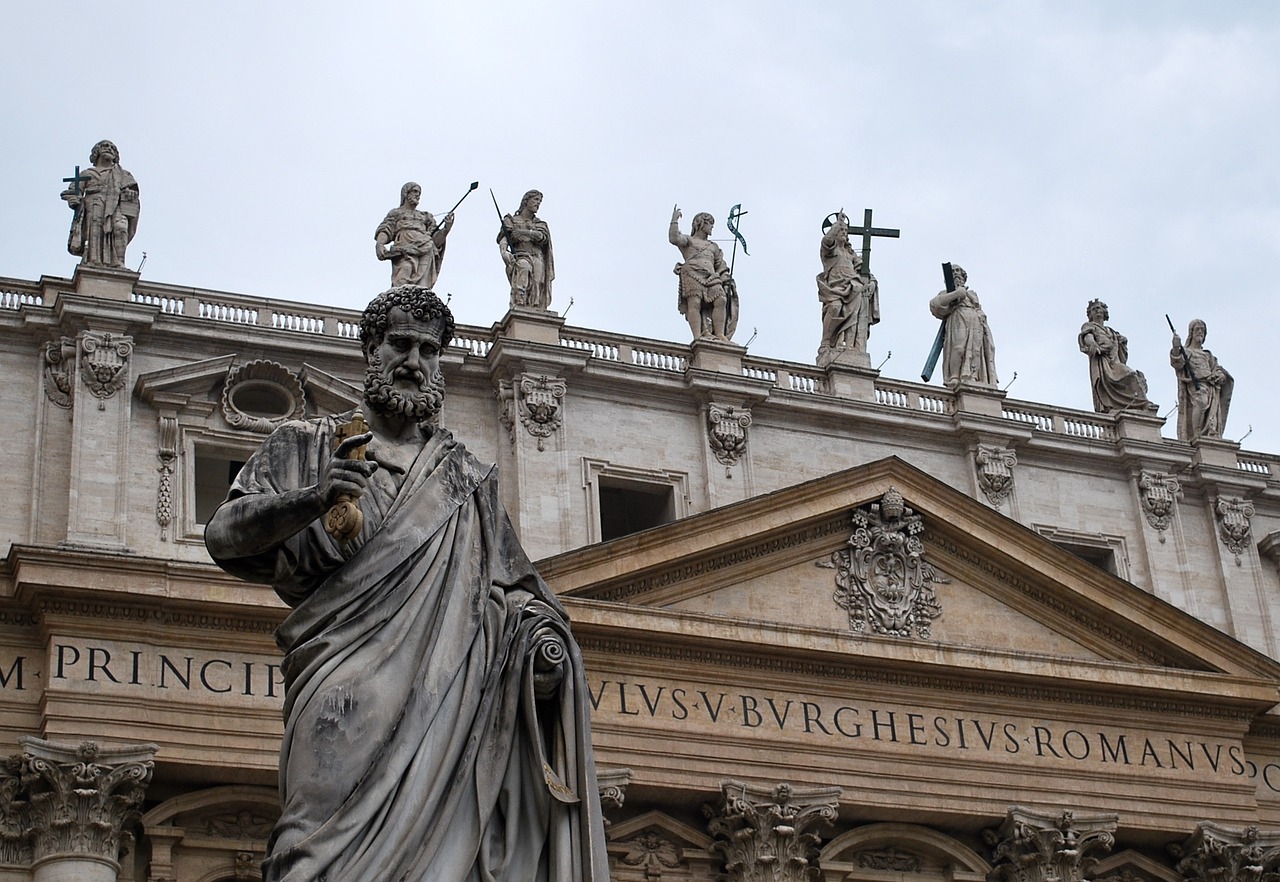The new Apostolic Letter, Misericordia et Misera, has just been released. In it, Pope Francis reflects upon his Jubilee Year of Mercy, and extends some of the principle provisions he made therein.
First, he extended the mission and work of the “Missionaries of Mercy”, commissioned for the Jubilee Year.
Second, he has stated an indefinite extension of faculties for every priest to grant absolution for the sin of abortion:
[L]est any obstacle arise between the request for reconciliation and God’s forgiveness, I henceforth grant to all priests, in virtue of their ministry, the faculty to absolve those who have committed the sin of procured abortion. The provision I had made in this regard, limited to the duration of the Extraordinary Holy Year, is hereby extended, notwithstanding anything to the contrary. I wish to restate as firmly as I can that abortion is a grave sin, since it puts an end to an innocent life. In the same way, however, I can and must state that there is no sin that God’s mercy cannot reach and wipe away when it finds a repentant heart seeking to be reconciled with the Father. May every priest, therefore, be a guide, support and comfort to penitents on this journey of special reconciliation.
Finally, it was speculated that the letter would have something to say about the Society of St. Pius X; it did:
For the Jubilee Year I had also granted that those faithful who, for various reasons, attend churches officiated by the priests of the Priestly Fraternity of Saint Pius X, can validly and licitly receive the sacramental absolution of their sins. For the pastoral benefit of these faithful, and trusting in the good will of their priests to strive with God’s help for the recovery of full communion in the Catholic Church, I have personally decided to extend this faculty beyond the Jubilee Year, until further provisions are made, lest anyone ever be deprived of the sacramental sign of reconciliation through the Church’s pardon.
We had reported that Vatican watcher Giuseppe Nardi indicated a belief that this document would regularize the Society, but that the most we could confirm was some mention of the SSPX in an unknown context.
The indefinite extension of faculties to hear confessions was always the most likely outcome of such a mention, but the phrases, “trusting in the good will of their priests to strive with God’s help for the recovery of full communion in the Catholic Church” and “until further provisions are made” seem significant as regards the progress of discussions and Francis’ own expectations of success. The latter statement makes it sound as though it is only a matter of time before such “provisions” will be a reality.
Time will tell.
If you’d like to read the letter in its entirety, you may do so here. (Document link)


